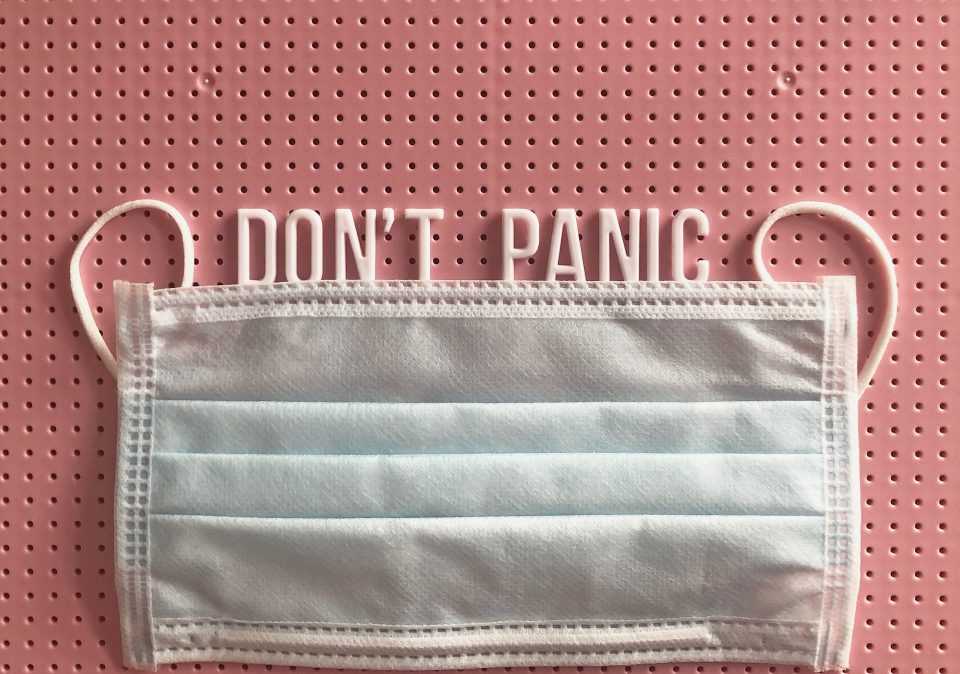In Indonesia, we are not sure how easily transmitted coronavirus, the virus that causes COVID-19, is. It’s best to assume that everyone is potentially infected with coronavirus and to behave in a way that protects you from infection.
Testing is the only way to confirm if you have the virus, which is much easier said than done. Here’s a guide about what to look out for. It’s probably:
- Allergies if you’re sneezing, have a runny or stuffy nose, itchy and watery eyes, wheezing and have asthma), and have no sign fever.
- A normal cold when you experience a sore throat, stuffy and runny nose, sneezing, and a dry cough.
- COVID-19 if you present with these symptoms, based on the study in China:
- Fever, experienced by 87.9 per cent of cases
- Dry cough in 67.7 per cent of cases
- Fatigue present in 38.1 percent of cases
- Sputum, or phlegm, production experienced by 33.4 per cent of cases
- Shortness of breath present in 18.6 per cent of cases
- Sore throat in 13.9 per cent of cases
- Headache present in 13.6 per cent of cases
- Sore muscles or joints in 14.8 per cent of cases
- Chills experienced in 11.4 per cent of cases
- Nausea or vomiting present in 5.0 per cent of cases
- stuffy nose experienced by 4.8 per cent of cases
- Diarrhoea in 3.7 per cent of cases
- Coughing up blood experienced by 0.9 per cent of cases
- Red eyes in 0.8 per cent of cases
Phone your doctor, a trusted medical professional, or local COVID-19 advice numbers to find out if your symptoms are consistent with COVID-19 and should, therefore, be tested. Testing at the designated testing facilities involves a blood test and chest X-ray. This will give a general idea if you are possibly infected. Further, a more reliable test is taken with a swab of your nose and throat. This will only be offered to you if you’re very likely to be infected based on the initial screening, physical examination, and travel and contact history.
If you consider yourself likely to be infected, you may also choose to contact a trusted medical practitioner. Try to avoid going to any designated hospitals directly. Those facilities will have a high concentration of people who are ill which could, in turn, make you ill if you’re not already.
Rapid tests will be more available soon. The downside of this new type of testing is that it can’t give accurate information about if you are contagious. It will give confirmation that you were in contact with coronavirus, however, the percentage of false positives is reported to be high. If you feel that you’re deteriorating very fast, make contact to arrange medical care.
The more droplets of the virus that get into a new person, the longer the head start the virus will have over the person’s immune system to be able to combat the disease. If possible, keep two metres away from people. If you have to be close to someone who’s sick and they can’t wear a mask, an N95 mask along with goggles or a face shield gives you the best protection.
Do not touch your face or eat and drink without washing your hands. Once any virus attaches to your body tissue, it will get into cells and start to reproduce. The virus tries to reproduce faster than the body’s immune system can kill it. Once the body’s immune system is able to get ahead of the virus, the virus is attacked and eradicated.
Other essential advice includes:
- No smoking
- Eat a healthy diet
- Get enough sleep
- Boost your vitamin D intake, since it is associated with more severe respiratory viral infections
Adults can take 10,000 IU vitamin D, D3 is best, without a risk of toxicity. Also, if you have any chronic medical conditions you should aim to maintain your health by ensuring your blood pressure, blood sugar, etc. are all normal. It’s worth considering getting your flu shot too. You wouldn’t want to get influenza and COVID-19 at the same time because this can give more severe infections and really affect your well-being.
It’s also important that you identify a clinic that you are comfortable with. Good Practice has patients from 67 countries. Our English-speaking team implements international guidelines, so try consulting with us!




